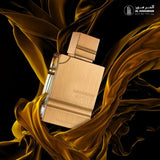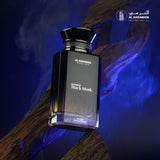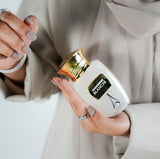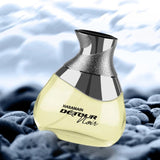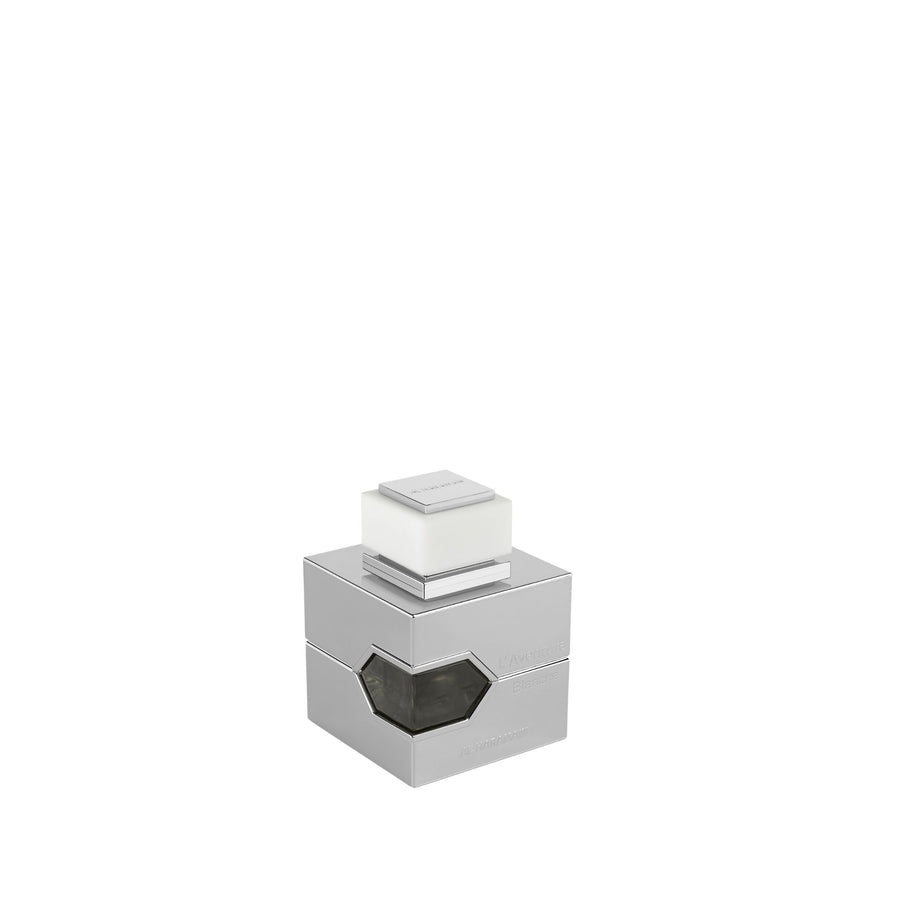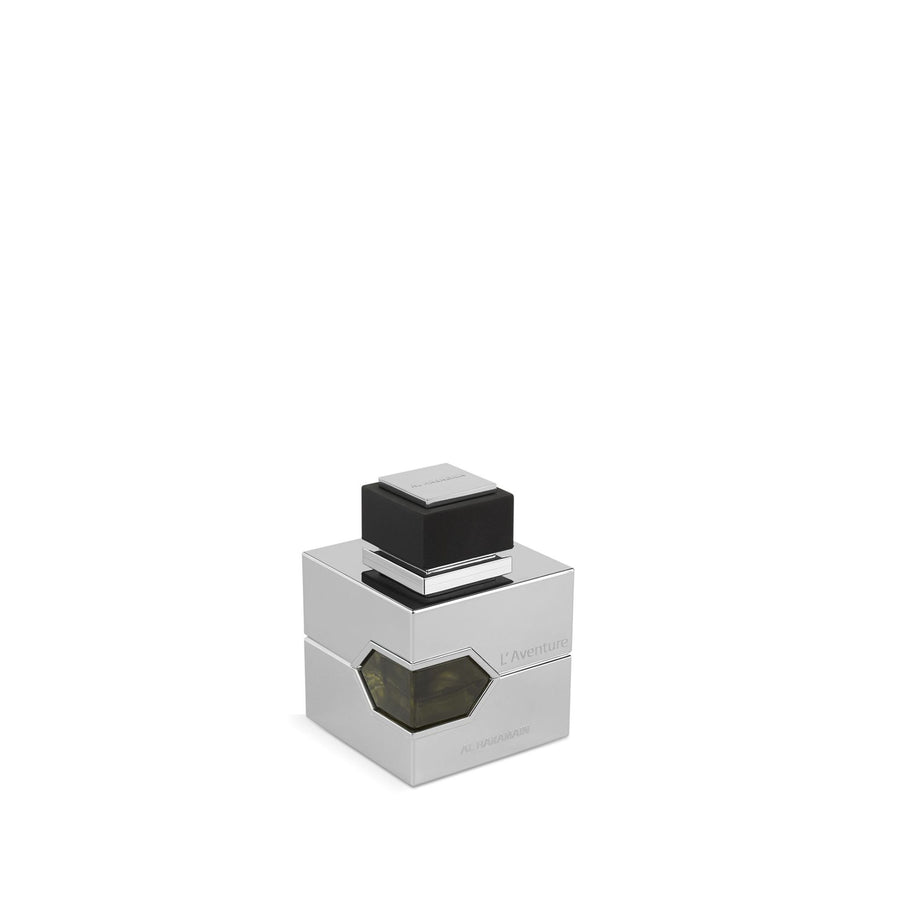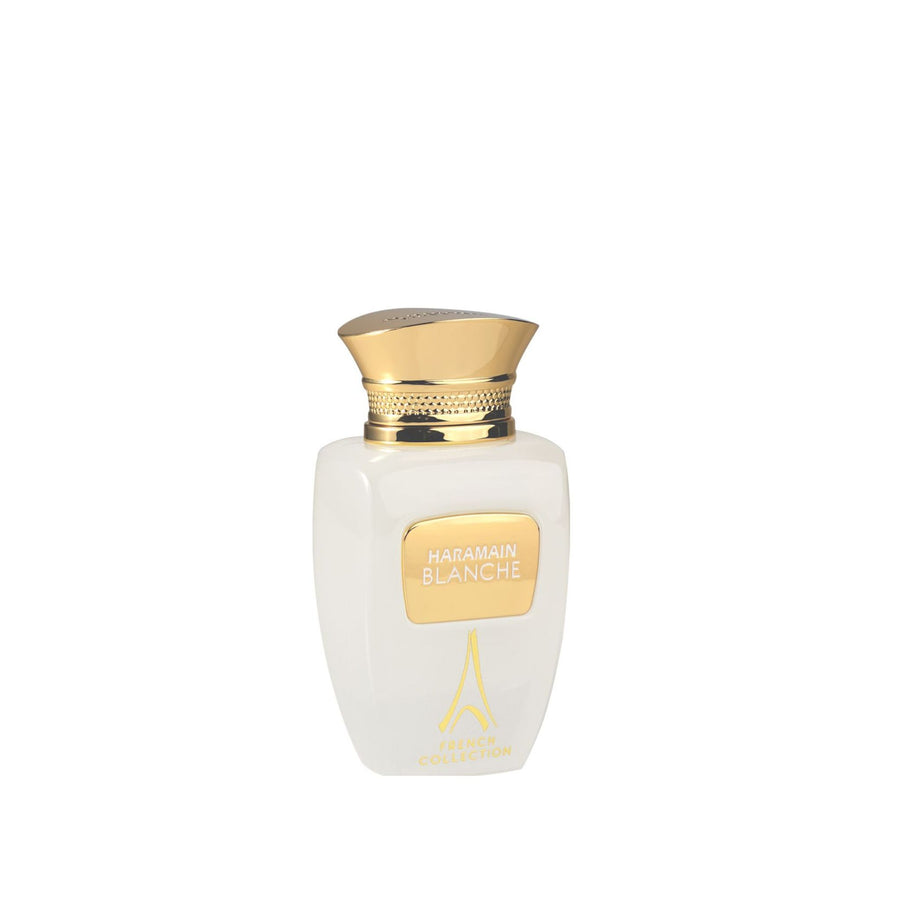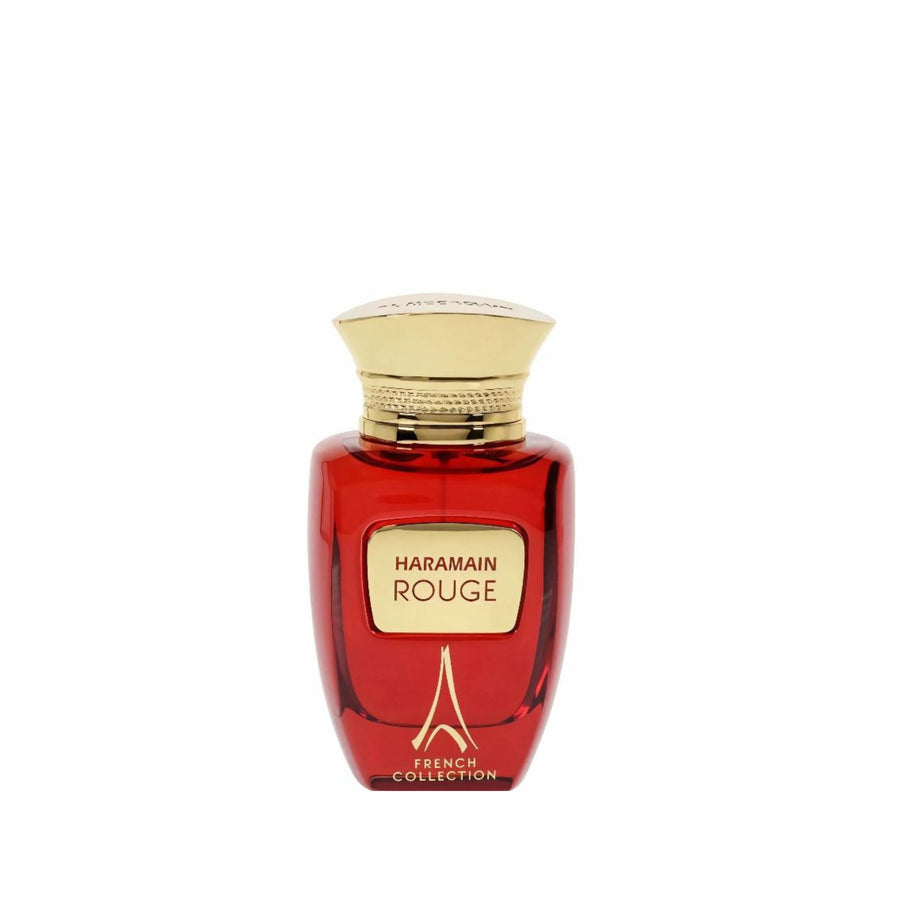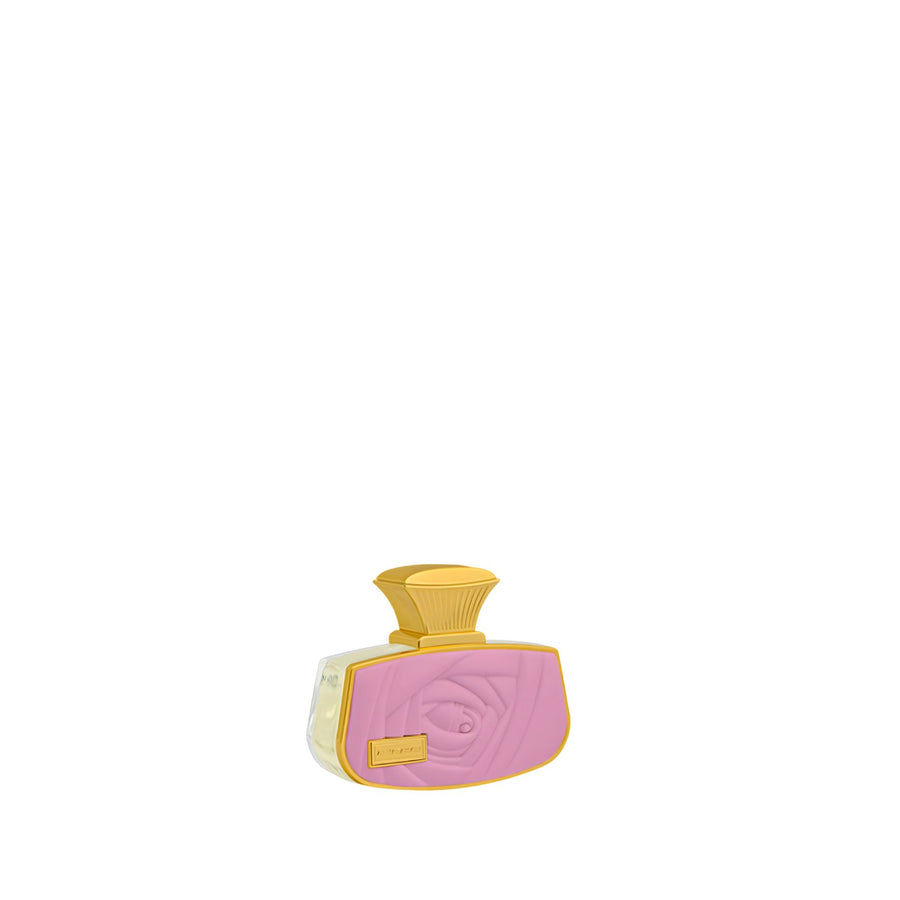Patchouli’s unique properties have made it a favorite among perfumers and wellness enthusiasts. Here are seven characteristics that make this essential oil stand out:
1. A Rich and Earthy Essential Oil
Patchouli’s scent is often described as woody, earthy, and musky, with a hint of sweetness. Unlike its minty relatives, patchouli offers a deep, grounding aroma that evokes the natural world. This makes it a popular choice for creating complex, oriental, and woody fragrances. Its ability to add depth and richness to perfumes has cemented its place as a base note in many iconic scents.

2. An Ingredient Stabilizer
One of the reasons perfumers love patchouli is its ability to stabilize and bind other ingredients in a fragrance. This ensures that the scent lasts longer on the skin, making it a valuable addition to any perfume formulation. If you’ve ever worn a fragrance that lingers beautifully throughout the day, there’s a good chance patchouli played a role in its longevity.
3. An Age-Defying Scent
Patchouli oil has a unique aging process that enhances its complexity over time. When first extracted, the oil is amber-colored and opaque, with a light, fruity fragrance. However, as it matures, the scent deepens, developing richer, woody, and exotic notes. This aging process, similar to that of fine wine, makes patchouli a timeless ingredient in perfumery.

4. A Relaxing Scent
Patchouli is widely used in aromatherapy for its calming and grounding effects. Its earthy aroma is believed to help reduce stress, anxiety, and even mild depression. Wearing a perfume with patchouli can provide a sense of relaxation and well-being, making it a great choice for those looking to incorporate mindfulness into their daily routine.
5. A Flexible Fragrance
Patchouli’s versatility is one of its most appealing traits. It blends seamlessly with a wide range of other ingredients, making it suitable for feminine, masculine, and unisex fragrances. When paired with citrus or floral notes, it adds depth and complexity. Combined with vanilla, sandalwood, or incense, it creates rich, oriental scents. This flexibility ensures that patchouli remains a go-to ingredient for perfumers worldwide.
6. Health and Wellness Properties
Beyond its aromatic qualities, patchouli oil has been used in traditional medicine for its anti-inflammatory, antiseptic, and healing properties. It is often found in skincare products designed to treat acne, scars, and inflammation. While perfume is primarily a fragrance, knowing that patchouli is gentle on the skin can add an extra layer of confidence when wearing it.
7. A Natural Insect Repellent
Historically, patchouli was used to protect fabrics from insects during transportation. Its strong, earthy scent is believed to repel bugs naturally. While modern perfumes containing patchouli aren’t designed as insect repellents, this characteristic adds an interesting layer to its history and utility.

Patchouli in Perfumery
Patchouli’s rich, earthy aroma and stabilizing properties make it a popular choice for perfumers. It is often used as a base note, providing depth and longevity to fragrances. Some popular perfume categories that feature patchouli include:
-
Oriental Fragrances: Patchouli’s warm, exotic notes pair beautifully with spices, vanilla, and amber.
-
Woody Scents: Its earthy aroma complements sandalwood, cedarwood, and vetiver.
-
Floral Perfumes: When combined with light florals like rose or jasmine, patchouli adds a grounding element.
-
Unisex Fragrances: Its versatility makes it a key ingredient in gender-neutral scents.
Why Patchouli is Loved
Patchouli’s enduring popularity can be attributed to its unique combination of characteristics. It is more than just a fragrance ingredient; it is a symbol of nature, wellness, and timeless elegance. Its ability to enhance other scents, provide longevity, and evoke a sense of calm makes it a favorite among perfumers and consumers alike.
Whether you’re drawn to its earthy aroma, its health benefits, or its rich history, patchouli is a fragrance ingredient that continues to stand the test of time.



